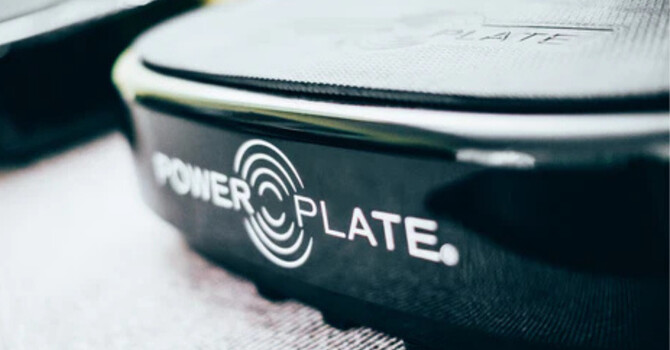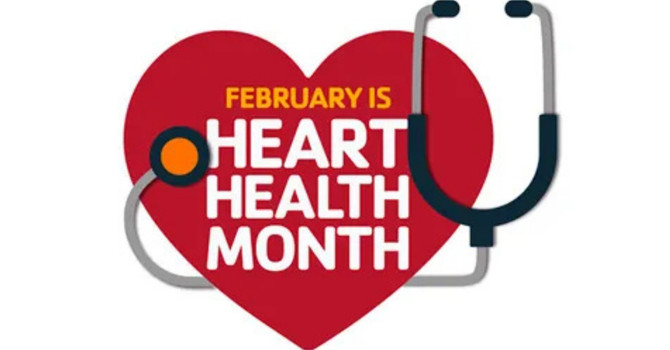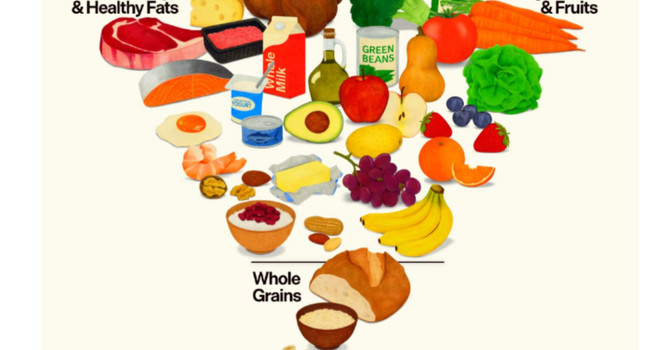
Let’s be real—parenting young kids is beautiful, chaotic, and exhausting. You’re juggling endless meal planning, school drop-offs or homeschooling, and maybe even work. Amidst all that, wellness advice still preaches 8 hours of sleep, daily workouts, and stress management. But what happens when you're deep in the trenches and literally can't get eight hours of uninterrupted sleep or find 45 minutes for a workout?
You’re not alone—and your health doesn't have to fall apart just because you're in this demanding season of life.
But the good news? There are small, effective ways to support your body that don’t require extra hours in your day or a complete lifestyle overhaul. Let’s talk about realistic ways to care for yourself—even when you’re running on fumes.
Sleep Is Important… But What If You Can’t Get It?
We know sleep is critical for hormone regulation, recovery, mood, and immune health. But when it’s not available, it’s time to lean into other areas that are within your control.
What you can do:
- Eat nutrient-dense meals. Skip the all-carb convenience snacks (we get it—they’re easy), and aim for meals with protein, fiber, and healthy fats. This stabilizes your blood sugar and gives your body what it needs to function when rest is low.
- Take a high-quality multivitamin. It’s an insurance policy—especially when your meals are rushed or repetitive.
- Hydrate! Dehydration makes fatigue worse. Keep a water bottle nearby and add electrolytes (like a pinch of sea salt or a quality electrolyte powder) if you’re nursing or sweating a lot.
- Practice circadian rhythm support. Step outside and get natural morning sunlight within an hour of waking. This helps regulate your body clock—even when your night sleep is a mess.
No Time for a Workout? Rethink Movement
Let’s be honest: HIIT workouts at 5am on no sleep? Not it. That spike in cortisol may actually work against your goals if your body is already stressed.
Instead:
- Walk daily. Walk the dog. Walk with the stroller. March in place while folding laundry. Walking improves digestion, lymphatic flow, circulation, and mood.
- Stretch or foam roll. Especially after sitting, feeding babies, or carrying toddlers on one hip for too long. Loosening tight hips and shoulders can reduce headaches, tension, and pain.
- Sneak in micro-movements. 5 squats while brushing your teeth. Calf raises while holding the baby. These count and add up.
- Involve your kids! Toddlers love copying you. Do a 5-minute movement break with them—bear crawls, yoga poses, dance parties. They’ll love it, and you’ll feel better too.
More Free & Easy Ways to Support Your Body Daily
Here are a few more “in the thick of it” friendly tools:
- Deep breathing. A few slow, diaphragmatic breaths (inhale for 4, exhale for 6) can calm your nervous system in seconds. Try it while driving or before bed.
- Grounding. Stand barefoot outside, even for a minute. The fresh air and connection with nature helps your stress hormones come down.
- Nervous system care. Cold water on your face, humming, or a 10-second shake-it-out dance break help reset your system. These tricks work wonders during overstimulated moments.
- Cut back on stimulants. We love coffee, too—but if you’re relying on 3+ cups a day to survive, try swapping your afternoon cup for a protein shake to avoid the crash.
Need more support? Adaptogens Can Help
When your body is stuck in survival mode, constantly responding to toddler meltdowns, interrupted sleep, and sensory overload, your stress response system can get worn out.
That’s where adaptogens come in.
Adaptogens are natural herbs and compounds that help your body adapt to stress. They work by supporting your HPA axis (hypothalamic-pituitary-adrenal axis), helping you feel more balanced, calm, and clear—even in the midst of chaos. My go-to blend for this kind of support is the elev8 Stress Support + Energize—it's designed specifically to help your body better respond to stress while keeping your energy steady and your mind sharp.
Grace Over Guilt
This season is temporary, but your health matters now—not just when the kids are older or when life gets quieter. The goal isn’t perfection—it’s creating sustainable habits that work with your current reality.
So if you’re:
- eating nourishing foods (most days),
- taking your supplements,
- moving your body in ways that feel good,
- and giving yourself so much grace—
You’re doing amazing.
Let’s stop glamorizing burnout and start celebrating the little wins that add up to big impact.
You’re not just raising kids—you’re building a foundation of health for your whole family. And that starts with you.



